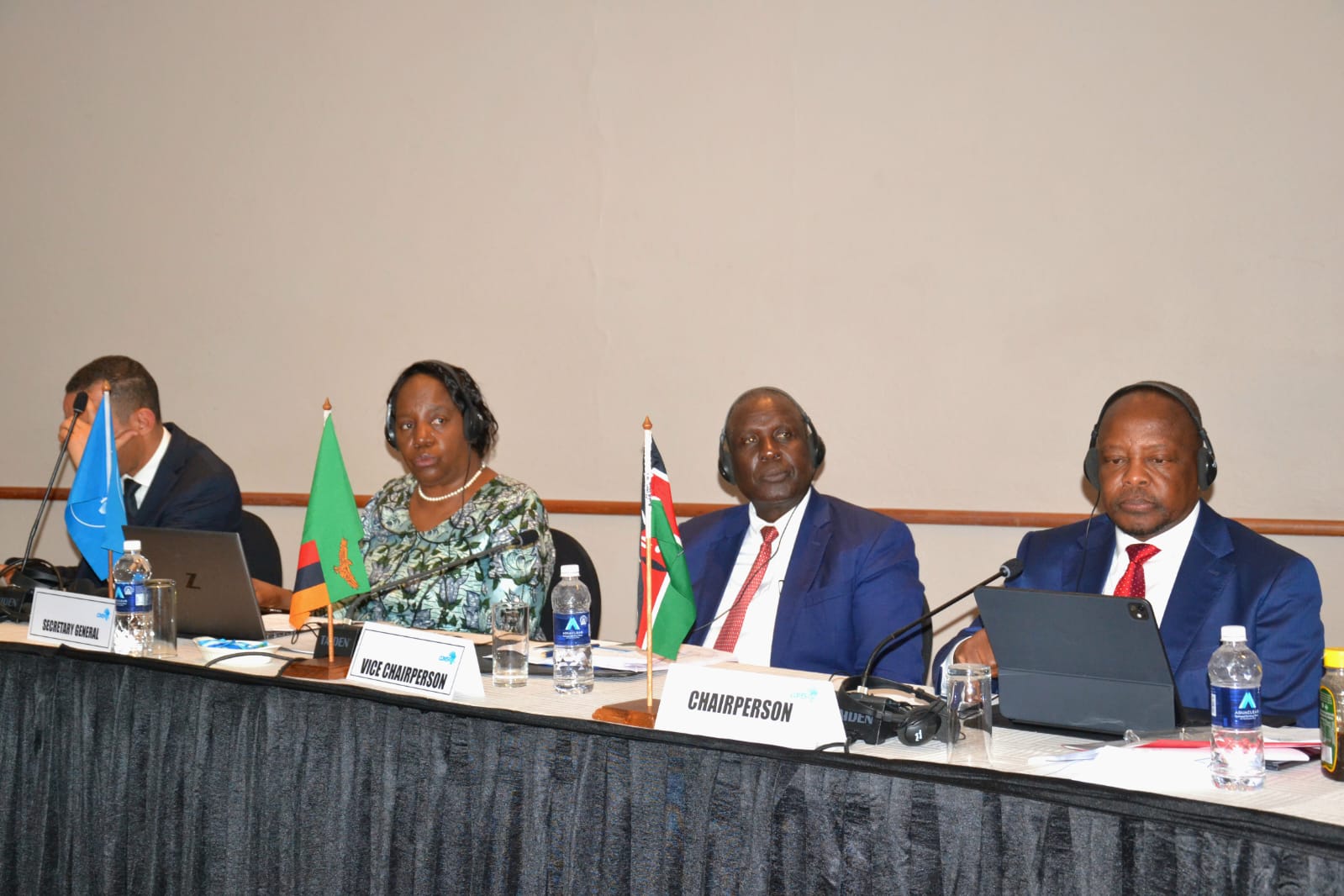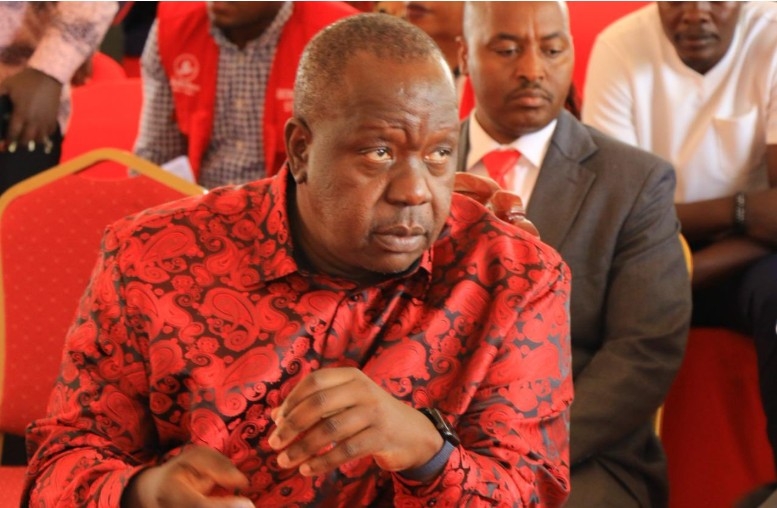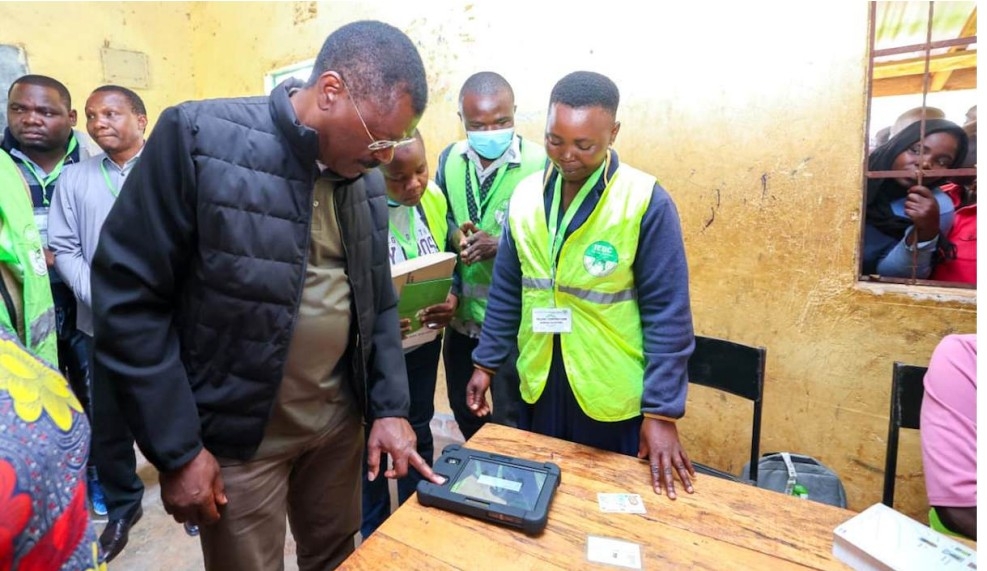

Kenya is calling on the Common Market for Eastern and Southern Africa
(COMESA) to impose a region-wide ban on hazardous pesticides.
Kenya warns that inconsistent chemical regulations among member states pose
a growing threat to food safety, public health, and regional agricultural
trade.
Speaking during the 9th Joint COMESA Ministerial
Meeting on Agriculture, Natural Resources and Environment in Lusaka,
Agriculture and Livestock Development Cabinet Secretary Mutahi
Kagwe urged the bloc to urgently harmonise chemical safety standards.
He warned that continued use of pesticides banned in some member states but
allowed in others was compromising sanitary and phytosanitary (SPS) safeguards
across borders.
“The current situation where a pesticide banned
in one country continues to be used next door completely undermines our
collective SPS efforts. We are exposing our farmers, our consumers, and our
markets to unnecessary and unacceptable risk,” said CS Kagwe.
Kenya maintained that without a unified
regulatory approach, efforts to ensure food safety and protect public health
would remain ineffective.
Kagwe noted that the regulatory loopholes have enabled unscrupulous traders
to exploit the differences in national laws, leading to contaminated produce
and a decline in public trust in agricultural systems.
“We must not let fragmented policies stand in
the way of our people’s safety. Harmonizing chemical standards is not optional
— it is urgent,” he said.
Kagwe also called on COMESA to move beyond
discussions and embrace decisive policy action.
He reiterated Kenya’s readiness to support bold reforms aimed at turning the
21-member bloc into a functional engine for agricultural resilience and
economic transformation.
Kenya’s proposals included joint development
of livestock vaccines, cross-border protocols for certified seed trade, and
adoption of digital tools to improve agricultural planning.
However, Kagwe emphasized that eliminating hazardous agrochemicals must be
treated as a top priority.
“Let this meeting be remembered not for what
we discussed, but for what we dared to do,” he concluded.
COMESA brings together 21 member states:
Burundi, Comoros, Democratic Republic of Congo, Djibouti, Egypt, Eritrea,
Eswatini, Ethiopia, Kenya, Libya, Madagascar, Malawi, Mauritius, Rwanda,
Seychelles, Somalia, Sudan, Tunisia, Uganda, Zambia, and Zimbabwe.

















